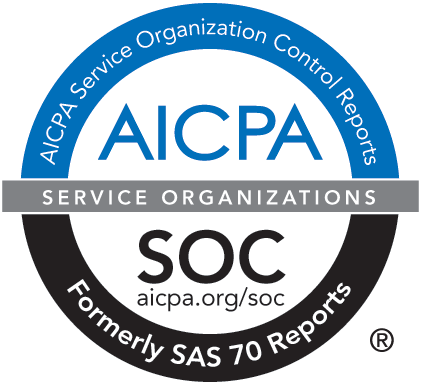REAL PROPERTY: REAL PHILANTHROPY PART 2
November 17, 2022 - As we discussed in Part 1, the real estate market may be cooling due to rising interest rates, making it a great time to donate appreciated property to obtain a charitable deduction and avoid capital gains tax. We looked at how the gift vehicle you use can impact the benefit that both you and the charity receive from your real property donation.
Now, we turn to the substance of the donation, which could include property ranging from a family ranch to a beachfront vacation cottage. Any donation of real property has the potential to benefit a charity and provide you with a charitable deduction. However, the type of property interest you donate can impact your charitable deduction, so here we discuss some things you should consider before deciding to donate real estate.
Timing Matters
If you’ve held property for more than a year and then sell it, you are usually taxed at a lower long-term capital gains rate. However, if you have held the property for a year or less or if the property is considered inventory, its sale is taxed as ordinary income. Calculate the taxation you face upon a sale of the property to help evaluate the amount of tax relief you can obtain by donating the property.
Value to Charity
A charity is not obligated to accept your gift of real property, and charities usually conduct due diligence before accepting a gift. For instance, the charity may conduct an environmental hazard assessment on the property. If toxic substances in the ground or in a building make the property more of a liability than it’s worth, the charity may decline your donation.
Even when environmental hazards aren’t an issue, a charity may decline a property that is unlikely to generate income. Many times, a charity will sell your donation of real property to receive liquid funds for the organization. This means that your real estate should be marketable. A remote piece of land or a property in need of repair may seem too hard to sell, so a charity may choose to decline that gift.
Interest Given
Both income tax and gift tax deductions usually require you to donate your entire interest in the property. Generally, you cannot claim a deduction for donating a partial interest in property.
For instance, if you own a multi-story office building, and donate all but one floor of the building (retaining that floor for your personal use), you cannot claim a charitable deduction for the donation. You have only donated a partial interest in the building. Likewise, if you retain your mineral interest in your family’s ranch while donating your surface estate, you may not claim a charitable deduction because you have donated a partial interest.
Complex Made Simple with HighGround
If the rules surrounding the donation of real property to a charity sound complicated, it’s because they are. Many donors may be tempted to sell their property and then donate the proceeds to charity, assuming this to be a more straightforward transaction. This method may be less complicated, but it likely leads to greater taxation as the owner will be taxed on the long-term capital gains of the property.
Instead, seek advice from knowledgeable legal and tax professionals who can guide you toward gifting in a manner that maximizes your tax savings while achieving your goal of benefiting a charitable organization. Donating real property has never been easier with HighGround’s experienced team of dedicated real estate and minerals management professionals.
- REAL ESTATE MANAGEMENT
At HighGround, our Real Estate Management team handles real estate gifts, ranging from small parcels of land to multi-million-dollar estates, for our charitable clients. Supported by HighGround’s in-house legal team, the Real Estate Management team aims to make real estate gifting simple for both donors and charitable beneficiaries. We work with donors to determine and draft the optimal giving vehicle for their needs, manage the property during the time the charity holds it, and coordinate with realtors in Texas and throughout the nation to market the property and ensure it receives the highest possible sale price.
- MINERALS MANAGEMENT
The partial interest rule does not apply to charities, giving charitable beneficiaries great latitude in their use of a donated property. For instance, if you donate a residential home with acreage to a charity, the charity may sell the home and acreage while retaining the mineral rights. Doing so gives the charity both immediate liquid funds and the potential for income into the future through mineral royalties.
Managing mineral interests to receive maximum value for a charitable beneficiary requires both legal and field expertise. At HighGround, our Minerals Management team brings decades of experience and deep connections to oil and gas interests throughout Texas and the nation. HighGround’s Minerals Management team, assisted by in-house legal counsel, manages 2 million gross mineral acres with more than 5,000 producing properties located in 27 states and Canada. This depth of negotiating power enables the Minerals Management team to achieve extraordinary benefits in the form of royalties that flow to charitable beneficiaries each month.
There are some exceptions to the rules that we’ll discuss in Part 3 of this series.
Real Property: Real Philanthropy - Part 1
Real Property: Real Philanthropy - Part 3



